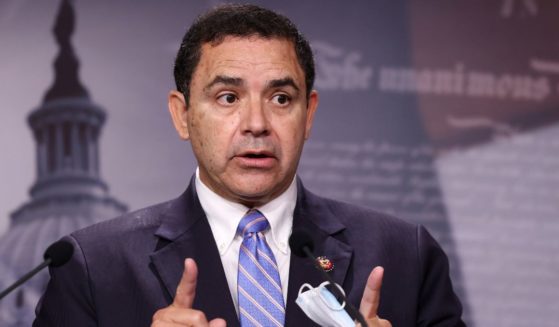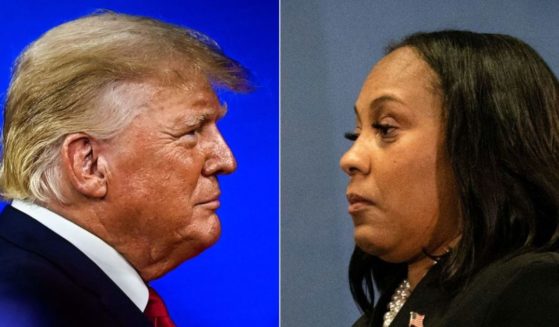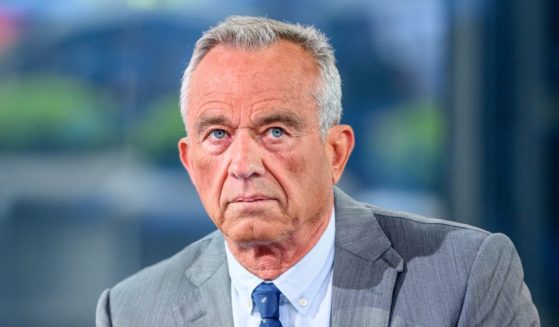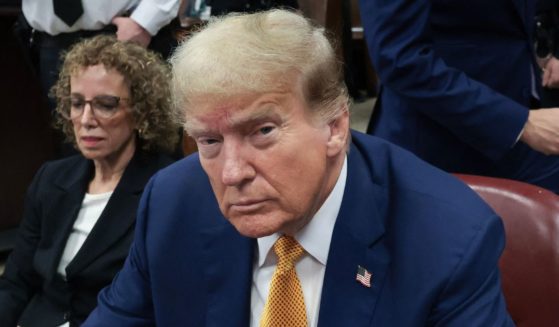Pompeo Fires Parting Shot: China's Abuse of Uighur Muslims Amounts to 'Genocide'
On his last day in office, Secretary of State Mike Pompeo hit China with new sanctions by declaring that China’s repression of Muslims and ethnic minorities in the western Xinjiang province constitute a “genocide.”
Pompeo made the determination on Tuesday just 24 hours before President-elect Joe Biden takes office. There was no immediate response from the incoming Biden administration, although several members have been sympathetic to such a designation in the past.
Pompeo’s determination does not come with any immediate repercussions.
“I have determined that the People’s Republic of China is committing genocide and crimes against humanity in Xinjiang, China, targeting Uyghur Muslims and members of other ethnic and religious minority groups,” Pompeo tweeted.
“These acts are an affront to the Chinese people and to civilized nations everywhere. The People’s Republic of China and the CCP must be held to account.”
These acts are an affront to the Chinese people and to civilized nations everywhere. The People’s Republic of China and the CCP must be held to account.
— Secretary Pompeo (@SecPompeo) January 19, 2021
Many of those accused of committing genocide are already under U.S. sanctions, and Tuesday’s move is the latest in a series of steps the outgoing Trump administration has taken against China.
Since last year, the administration has steadily increased pressure on Beijing, imposing sanctions on numerous officials and companies for their activities in Taiwan, Tibet, Hong Kong and the South China Sea.
Just on Saturday, Pompeo lifted restrictions on U.S. diplomatic contacts with Taiwanese officials, prompting a rebuke from China, which regards the island as a renegade province.
Five days ago, the administration announced it would block imports of cotton and tomatoes from Xinjiang, with Customs and Border Protection officials saying they would block products suspected of being produced with forced labor.
Xinjiang is a major global supplier of cotton, so the order could have significant effects on international commerce.
The Trump administration has already blocked imports from individual companies linked to forced labor in the region, and the U.S. has imposed sanctions on Communist Party officials with prominent roles in the campaign.
China has imprisoned more than 1 million people, including Uighurs and other mostly Muslim ethnic groups, in a vast network of concentration camps, according to U.S. officials and human rights groups.
People have been subjected to torture, sterilization and political indoctrination in addition to forced labor as part of an assimilation campaign in a region whose inhabitants are ethnically and culturally distinct from the Han Chinese majority.
China has denied all the charges, but Uighur forced labor has been linked to various products imported to the U.S., including clothing and electronic goods such as cameras and computer monitors.
China says its policies in Xinjiang aim only to promote economic and social development in the region and stamp out radicalism.
The Western Journal has reviewed this Associated Press story and may have altered it prior to publication to ensure that it meets our editorial standards.
Truth and Accuracy
We are committed to truth and accuracy in all of our journalism. Read our editorial standards.












